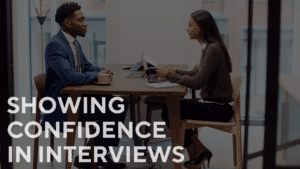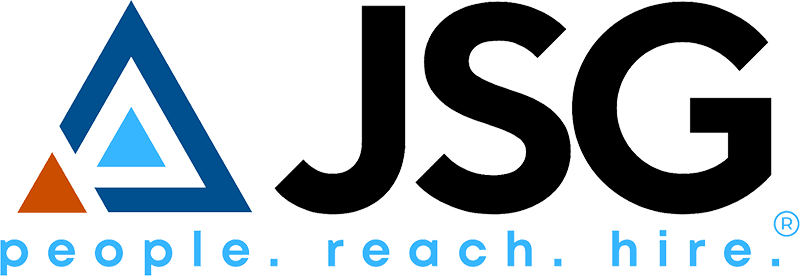
Showing Confidence in Job Interviews
Naturally, most people are nervous for important job interviews—that is okay! It is not okay when those nerves get in the way of a successful

5 Common Interview Questions. . .And What They Are Really Asking!
Naturally, the interview portion of your job search can be intimidating. No matter how much you prepare, it feels like you can always be blindsided

How to be Likeable in a Job Interview
Oftentimes, the decision between one candidate and another comes down to one thing: likeability. It can be the quality that sets you apart from those

Putting Candidates at Ease Before an Interview
If you want to see your candidate’s true character and personality shine, make them feel comfortable around you! This will give you a taste of

Putting Candidates at Ease Before an Interview
If you want to see your candidate’s true character and personality shine, make them feel comfortable around you! This will give you a taste of

Selling Yourself without Sounding Prideful
Are you scared of sounding pridefully unaware in an interview? There are a few ways to communicate how great a worker you are while still



